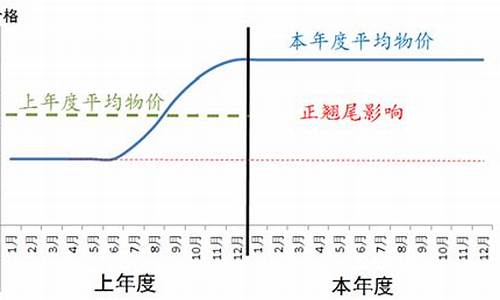翘尾因素英文(翘尾因素什么意思)
Understanding the Impact of Carryover Effects on Economic Indicators
Carryover effects, also known as tail-end factors, play a significant role in understanding economic trends and forecasts. These effects refer to the residual influence of past events on current economic indicators. For businesses, policymakers, and economists, recognizing and accounting for carryover effects is crucial for accurate analysis and decision-making. This article delves into the concept of carryover effects, their implications, and how they can be measured.
Definition and Importance of Carryover Effects
Carryover effects are the lingering impacts of previous periods' data on current statistics. For instance, high inflation rates at the end of one year can affect the inflation rate at the beginning of the next year. These effects are important because they can distort the true picture of current economic conditions if not properly accounted for. Understanding carryover effects helps in making more accurate economic forecasts and in implementing effective policy measures.

Measuring Carryover Effects
To measure carryover effects, analysts use various statistical techniques and models. One common approach is to compare year-over-year changes while adjusting for the previous year's end data. This helps in isolating the genuine trend from the residual impact of past events. Econometric models are also employed to quantify these effects accurately. By doing so, analysts can provide a clearer picture of the underlying economic trends.
Implications for Economic Policy and Business Strategy
Recognizing carryover effects is essential for both economic policy and business strategy. Policymakers need to account for these effects when designing fiscal and monetary policies to avoid overestimating or underestimating economic conditions. Similarly, businesses must consider carryover effects in their strategic planning and forecasting to make informed decisions. Ignoring these factors can lead to misguided policies and strategies, impacting overall economic stability and growth.
In conclusion, carryover effects significantly influence economic indicators and understanding them is vital for accurate economic analysis and policy formulation. By measuring and accounting for these effects, policymakers and businesses can make better-informed decisions, fostering economic stability and growth.




